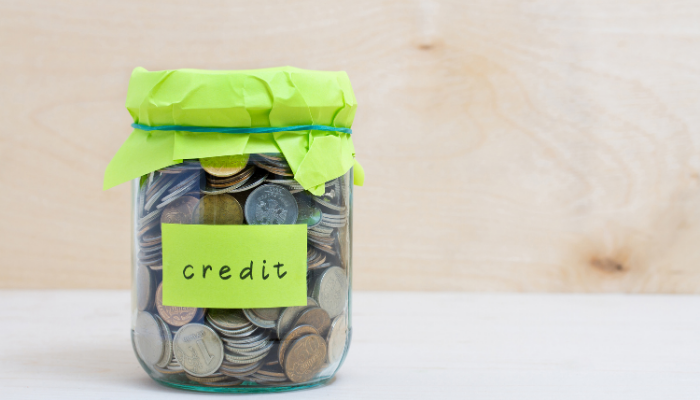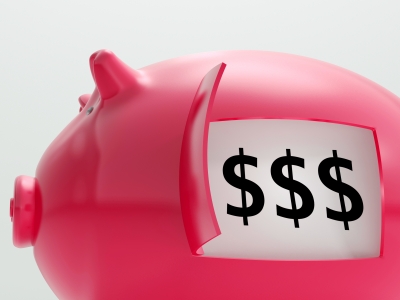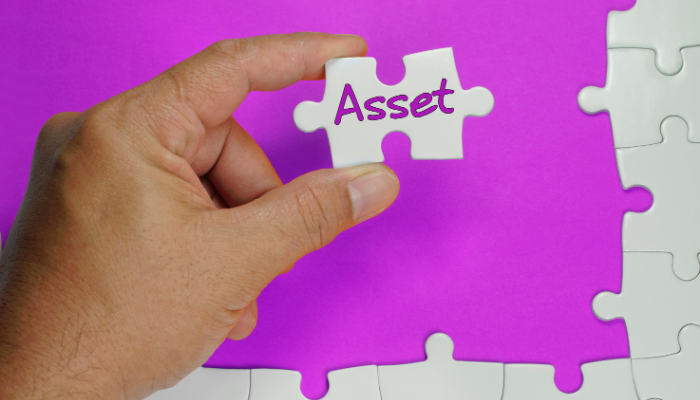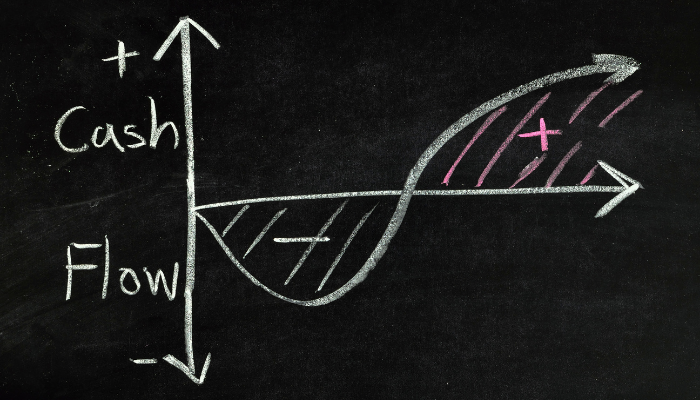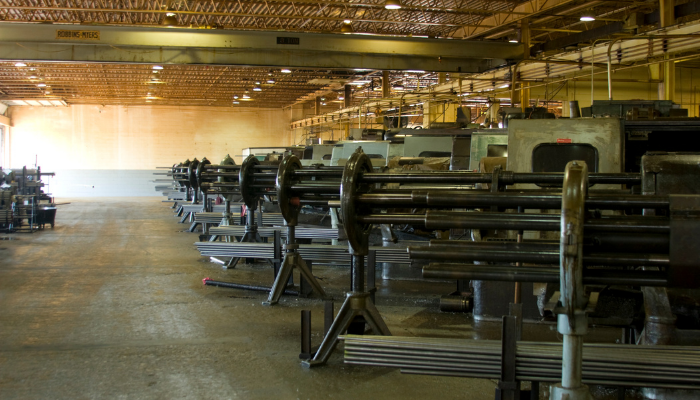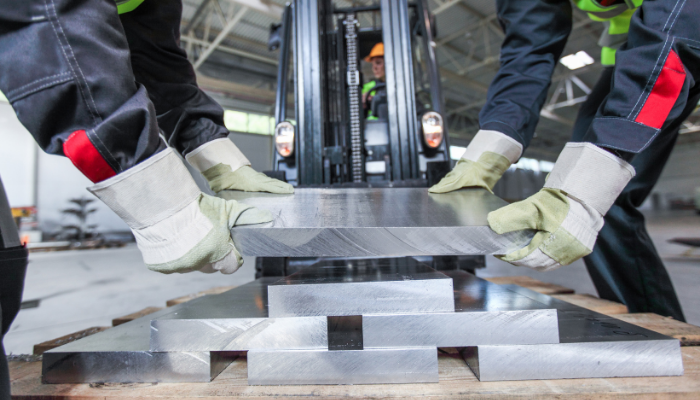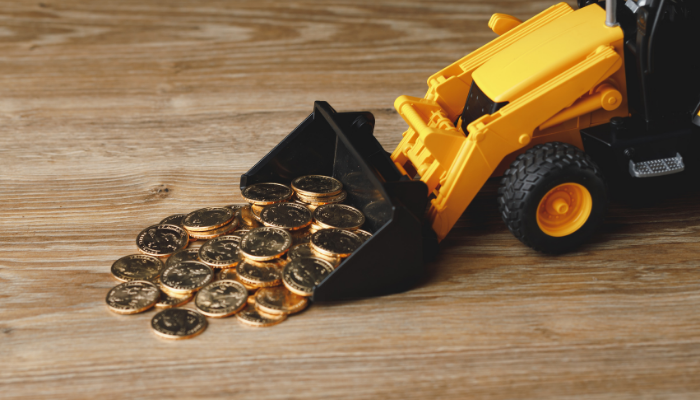
Equipment plays a major role in many companies. Take a construction company as an example. The trucks, back hoes, and other heavy equipment is a necessity if the construction company wants to remain in business. There is a lot of money invested in that equipment.
But, what happens if the company would rather have that money in hand, instead of tied up in equipment?
This is where equipment factoring can come into play. Lease buyback is one way this works.
What is lease buyback?
With lease buyback, the company can leverage the value of the equipment it already has on the books. The owner of the company sells the equipment to a leasing company for what it is worth. Then, the leasing company leases that equipment right back to the original owner.
This allows the business owner to get an infusion of cash that can be used in whatever manner is best for the business. It can be used to buy or lease additional equipment. It can be used to buy more inventory. It can be used to expand to new office or warehouse space.
Lease buyback can happen with all kinds of equipment used by businesses. Heavy equipment used by construction companies is only one example. Companies that have a large inventory of computer equipment can also use lease buyback to raise cash. Other examples of equipment that can work with lease buyback include commercial cooking equipment as well as cars and trucks.
What are the advantages of lease buyback?
Equipment factoring, in the form of lease buyback, offers several advantages:
- It preserves existing cash. Many companies have enough cash to do business and expand at a steady rate. Taking out a large amount of cash for a down payment on new equipment or as a deposit on a new office space can be too much for a company's bottom line. Doing a lease buyback on existing equipment can preserve that cash.
- It frees up cash that is otherwise tied up in company equipment. You have a lot of money invested in that equipment, but that is money you could use elsewhere. Use a lease buyback to get that cash back into play. You will still have use of the equipment, but you will get a nice cash infusion as well.
- It shifts the responsibility for maintenance and repairs to the leasing company. Part of most lease buyback agreements is that the leasing company will take over the maintenance and repairs. Those expenses are factored into the monthly lease payments the business pays to the leasing company.
- It opens up the possibility of future equipment upgrades. Once the lease buyback agreement ends, the leasing company will likely offer the business a chance to lease upgraded equipment to replace the outdated ones. That is a major advantage that leasing has over buying equipment. There is a regular opportunity to update computers, get a new vehicle, or better equipment.
- It improves the business's balance sheet. Equipment is treated as a fixed asset on the balance sheet. When the equipment is sold and leased back under a lease buyback agreement, this changes the balance sheet. The equipment is removed completely from the fixed asset section. The lease payment is treated as an expense. This increases the business' ratio of current assets to current liabilities, a key indicator of a business' ability to service short-term debt.
- It can offer tax savings. In many cases, the lease payments can be treated as a business expense that is completely written off each year. This is usually better than only being able to deduct the depreciation and equipment upkeep expenses. For many smaller companies, this is a major advantage.
Don't let limited cash stop you from making the business moves that you need for healthy growth and expansion. Equipment factoring can get you the cash you need without compromising your business stability or cash flow.


